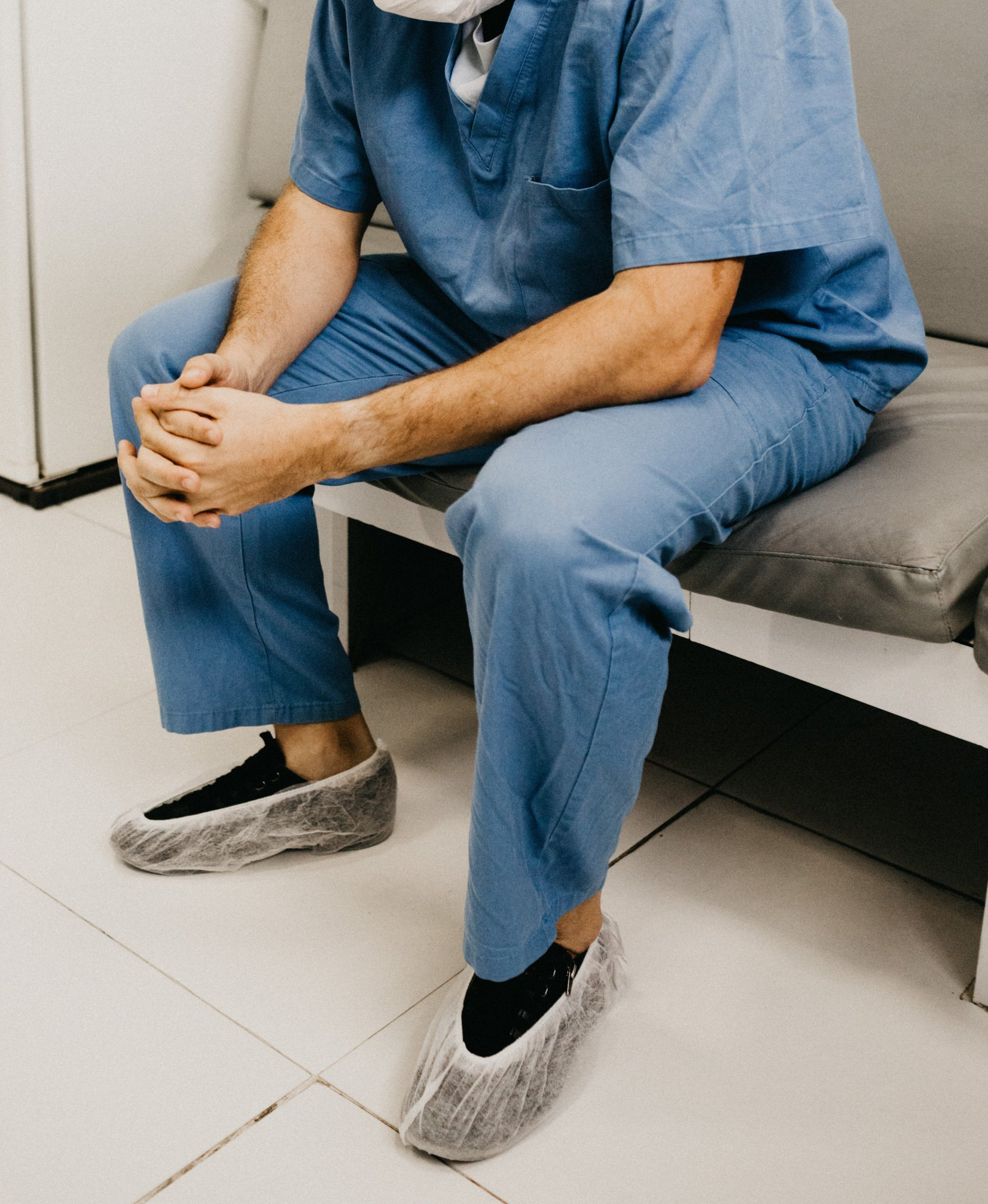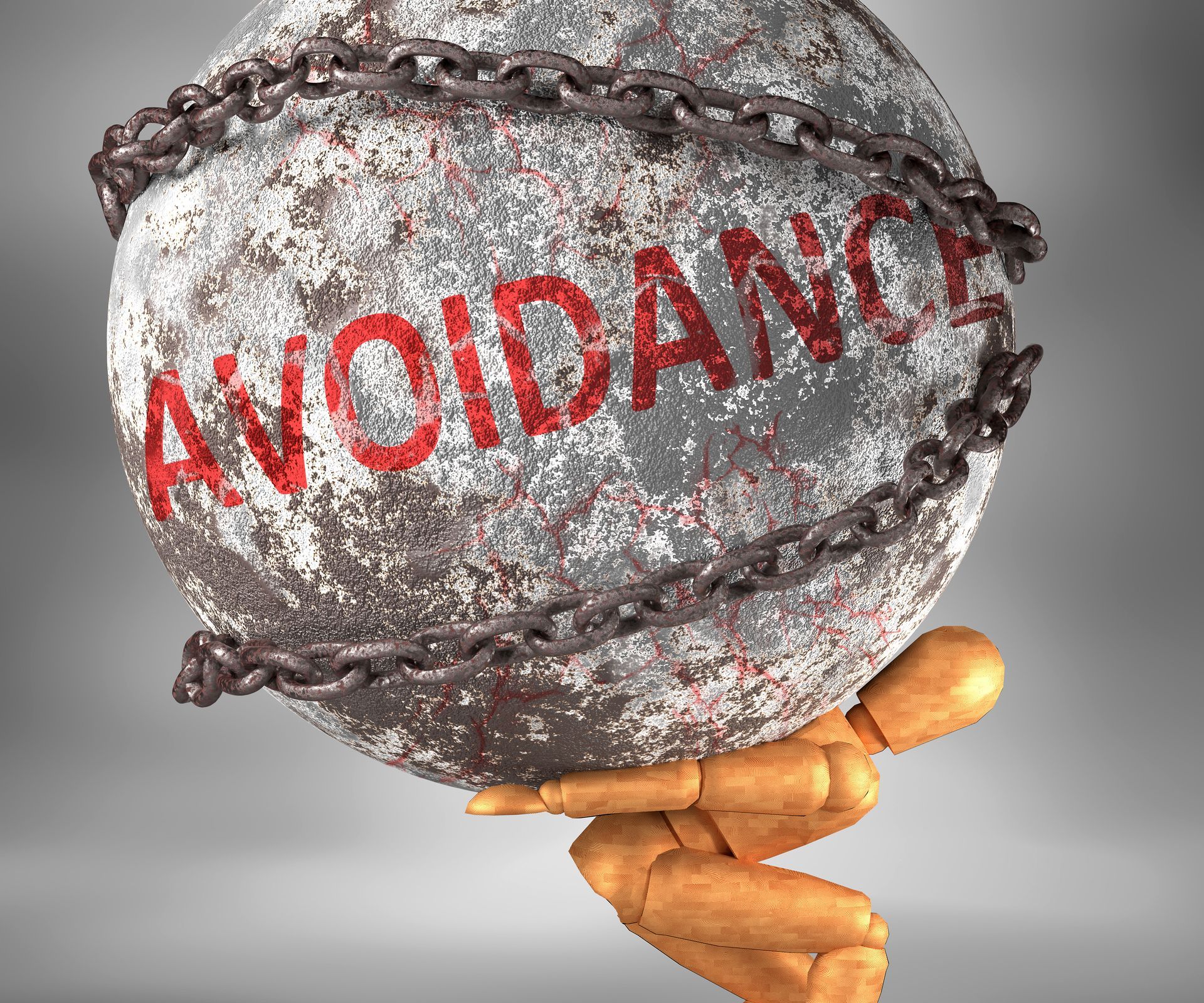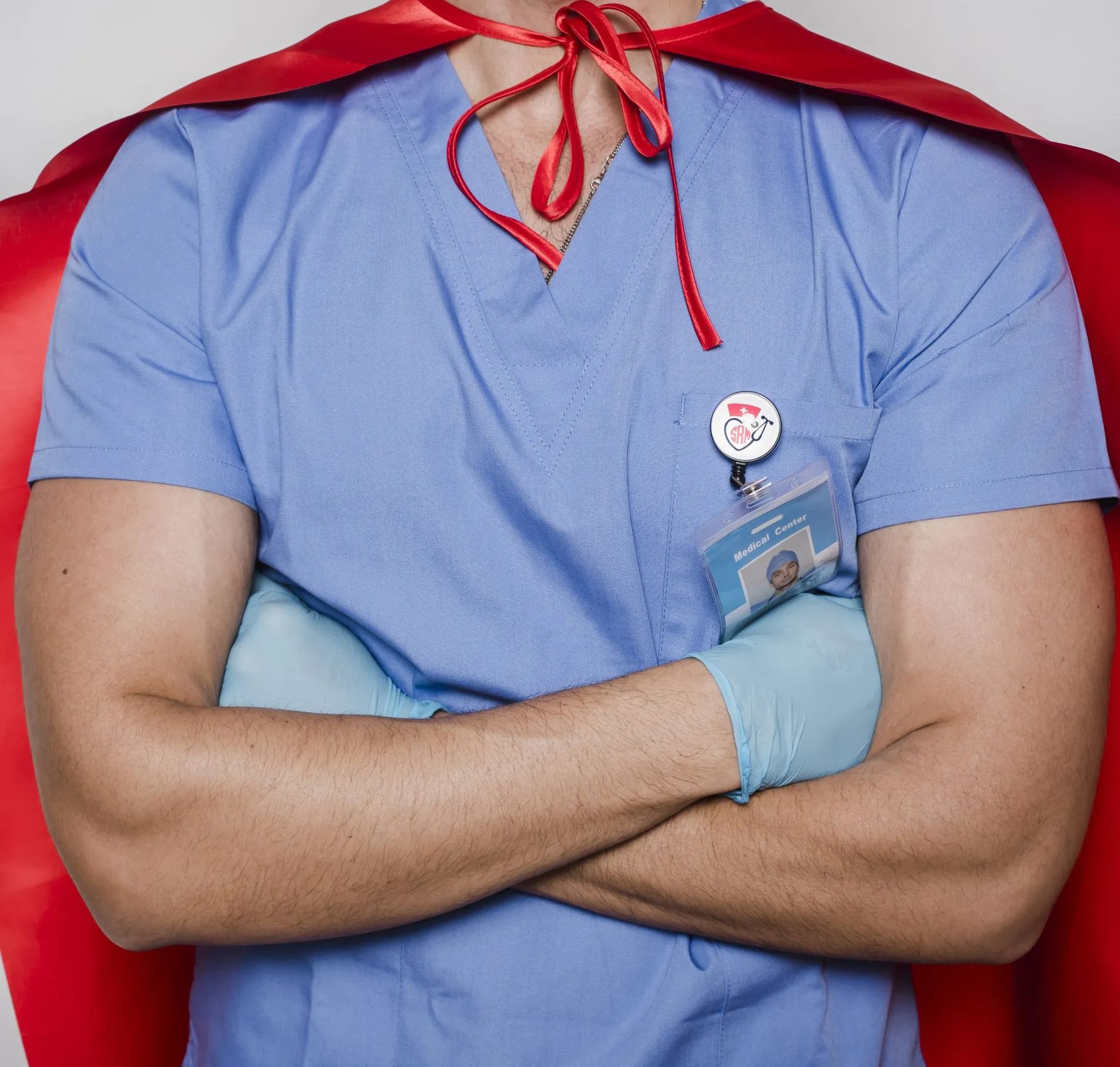
Graduate surgical anxiety. Is it normal to be scared?
For recent graduates surgery can be a scary thing.

I'll let you into a secret, surgery can be scary for more experienced vets too!
After all, you are cutting into the flesh of a living breathing creature, no wonder it can be terrifying. How many humans on the planet have to do that on a daily basis?
Anxiety before and during surgery is normal. It serves to heighten your senses, to put you on high alert, to remind you to take due care.
But it's all too easy for any small thing that goes wrong or is perceived to go wrong to make this natural level of anxiety grow into something big and consuming. A paralysing entity that causes you to feel nauseous and afraid.
Your mind starts to overthink: “Oh well, that happened last time” Or “I did that wrong last time” it will surely happen again. Our subconscious mind is primed to remember mistakes, the things we did less than perfectly, to keep us safe.
Even if something didn't actually happen, or there was a bleed and you dealt with it, your subconscious mind will still say “It's going to bleed, it’s going to bleed.” because when we imagine or witness things going wrong our sub-conscious mind believes that is what really happened and that it will definitely happen again!
Each of these little fears or mistakes add up.
That stitch that you didn't get quite straight or the mild post-op infection. The seroma, the time it took you to find that cat uterus. Your subconscious mind logs them all, and replays them, making you feel more and more like a failure or a 'bad' vet.
Vets tend to ignore the fact that many routine veterinary procedures have complication rates of up to ten per cent, regardless of the surgeon, regardless of their experience. They often fail to recognise that the majority of peri-operative complications are not solely due to surgical error. Many are due to poor patient management by owners or complicating factors such as co-morbidities, clotting issues etc. You can't blame yourself for every less than perfect outcome!
Unfortunately, it is the small fraction of surgical procedures that are less than 'perfect' that vets remember most. Most fail to remember or celebrate the 90-98 out of 100 that had a great outcome.
It's no wonder surgical anxiety can be a downward spiral.
Having a simple awareness of your mind's natural negative bias. Being aware of the complication rates of each surgery and communicating them to the owners. Seeking help and learning from mistakes rather than beating yourself up or entering into a blame game and a spiral of negative self-talk are the key to preventing a totally normal level of anxiety from spiralling into a paralysing fear of the op room.
I know that I make that sound simple. In reality these aren't skills aren't routinely taught. So, if you are a recent graduate who recognises they are developing a growing fear of surgery please reach out and ask for help by sending us an email. Or take a look at our surgical confidence course.
Next week in The Veterinary Confidence Club we will be discussing mistakes. How they happen and what we can do when they inevitably do, so come and join us to learn more.
Jo Blogs
More PostsWhat our students say...

"
This was such a great course! and I love how it was tied into veterinary medicine directly.
TC
"
The course was fantastic. The reason this works for me is that it explains WHY we feel the way we do!
Dr Elizabeth
"
I've loved doing the course slowly over many months as suited me at this stage of my life on maternity leave :)
Dr M
“
I seriously thought it was just me. That my negative feelings around surgery made me a BAD surgeon. In reality I was doing fine. I just couldn't see it and was making things worse for myself.
The coaching has really changed the way I think and feel. Thanks!
Peter S
"
This course fit my learning goals perfectly I've improved my surgical confidence around difficult surgeries
I'm really happy with what you provided and how it has helped me.
Mr Z
"
"I'm loving the course and love taking it at a pace that suits my current lifestyle which is fab.
Thanks so much and well done on the course, you and Jo are fab :)
Dr C
“
Before I worked with Louise I dreaded my surgery days. Now I still feel those butterflies but I see them for what they are. A signal it's time to go to work! I'm getting more comfortable every day. Thank you!
Emma H
"
For me, Louise is the calm in the storm. She has an indefatigable ability to give me perspective, to help me order my spinning brain and to reassure me that I’m not alone and that actually there is a way to re-educate yourself to improve your confidence"
Mary S
"
Would you recommend this course to a friend?
Absolutely, my non-vet husband should do it!
CM
“
My surgical anxiety isn't cured but it gets better each day. I no longer ruminate on potential outcomes and can discharge patients without the 'what if' feelings that used to plague my evenings.
Katie T
"
Thank you for the course. The techniques have helped with many things in life not just surgical confidence. I feel like I've got tools and know how to process difficult emotions rather than shy away from them and ideas of ways to help myself move forward and be a less stressed, more confident person.
Jenny D

Improve your confidence and thrive in practice with veterinary confidence CPD courses and training from ACCess CPD.
QUICK LINKS
SERVICES



